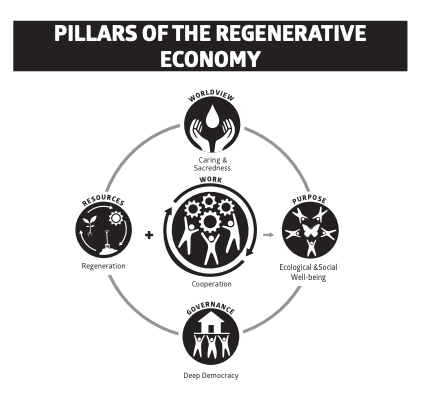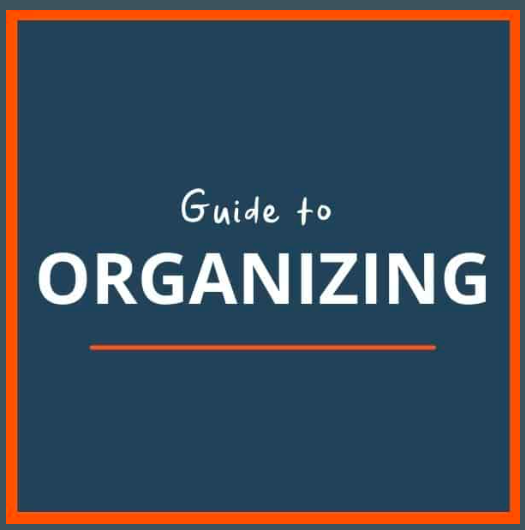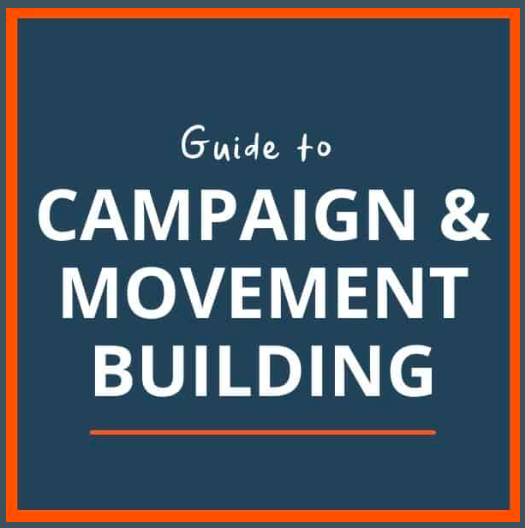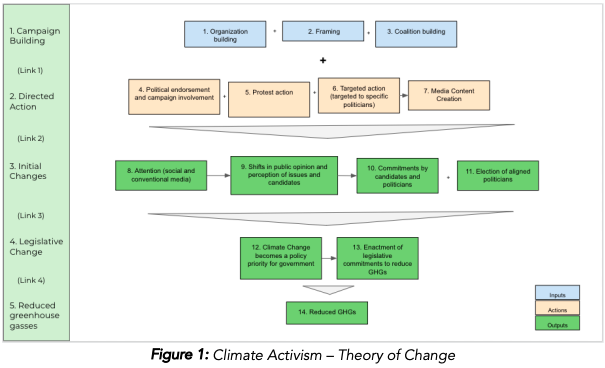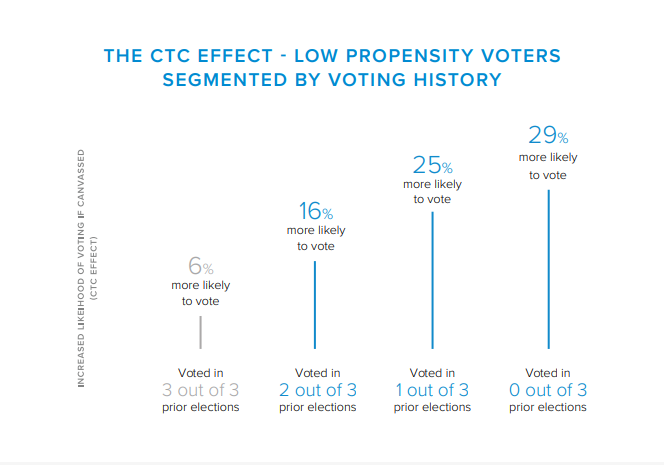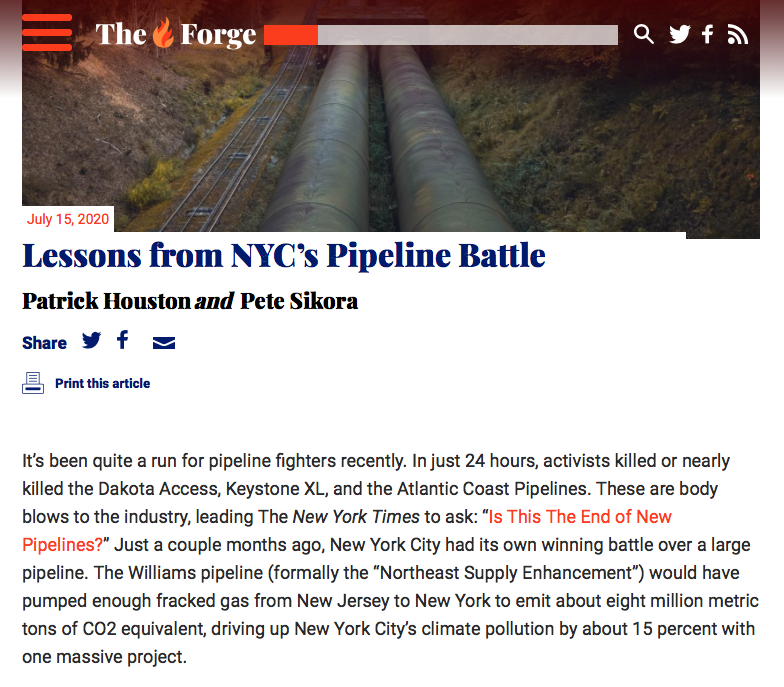Resources
Search below for resources covering the intersection of climate engagement, social science and data analytics.
RESULTS
Just Transition Zine: From Banks and Tanks To Cooperation and Caring
Constructing a visionary economy for life calls for strategies that democratize, decentralize and diversify economic activity while we damper down consumption and (re)distribute resources and power. This “zine” from Movement Generation describes the vision of a “regenerative economy” and how we might transition there, from our current “extractive economy.” Just Transition strategies were first forged by labor unions and environmental justice groups who saw the need to phase out the industries that were harming workers, community health and the planet, while also providing just pathways for workers into new livelihoods. This original concept of Just Transition was rooted in building alliances between workers in polluting industries and fence-line and frontline communities. Building on that history, Just Transition represents a set of aligned strategies to transition whole communities toward thriving economies that provide dignified, productive and ecologically sustainable livelihoods that are governed directly by workers and communities. This zine deeply describes some concepts such as “the meaning of home,” “pillars of the economy,” “pillars of the extractive economy,” “culture of control,” and “pillars of the regenerative economy.”
Guide to Organizing
There are a variety of components to successful community or political organizing. This webpage resource provides guidance on organizing skills such as building relationships and one-on-ones, house meetings, team building, developing leadership, creating strategy, structure and capacity, and public narrative. This resource also includes a list of overall organizing guides and manuals, tips on tools and graphics, links to online organizing courses, other training resources, and relevant videos and podcasts.
Guide to Campaign and Movement Building
This resource is a curated a guide on Campaign and Movement Building. In this topic you’ll find handpicked resources related to current issues, different regions, and innovations. This resource includes links to guides on how to plan campaigns (by highlighting case studies) and how-to trainings to prepare campaigners. Links for case studies from regions such as Africa, Asia, Europe, Middle East, North America, Latin America, and Oceania are also included.
Summer Heat: Tips for organizing in-district meetings with elected representatives
Build real power in congressional districts and persuade representatives to vote your way using multiple coordinated steps. Center the experience of real people doing the activism—employ tactics that energize people. Focus on building meaningful relationships with other activists, with other groups, and with the member of Congress’ office. Develop organic leaders through training and giving responsibility. Create cohesive grassroots groups. It’s ideal to plan a meeting 1-3 weeks ahead of time with the member of Congress’ office—it’s best to schedule the meeting, but it’s also possible to just drop in. Say “active political donors” want to meet—that will yield meetings with more senior staff in the congressional office. Recruit activists through multiple channels: peer-to-peer texting, phone-banking, email, bulk voicemail delivery, and Facebook ads, for example. To keep activists involved, use 1:1 and small group meetings and encourage participants to talk and reflect. Center personal stories in molding activists’ involvement and how they message the campaign.
Transition Is Inevitable, Justice Is Not: A Critical Framework For Just Recovery
Just Recovery is organizing in our communities today to build the right soil of resistance and resilience (literally and figuratively). Just Recovery also builds the right relationship with land and each other, so that we are not only ready to just withstand these oncoming shocks, but so that we are prepared to use them in those moments to fuel a revolutionary peoples’ movement. This resource describes how peoples everywhere are pursuing a Just Recovery by rooting their practice in core principles, including: creating root cause remedies, practicing revolutionary self-governance, asserting rights-based organizing, demanding reparations, and advancing ecological restoration for resilience. This resource highlights case studies of communities and groups engaging in these aspects of Just Recovery in Texas, California, Puerto Rico, New Orleans LA, the Gulf Coast, New York, New Jersey, the Philippines, and Florida.
Sector Overview: Activism
Activism seeks to change political outcomes by engaging more people in the political process. Climate activism’s theory of change can be broken down into 5 stages: campaign building, directed action, initial changes, legislative change, and reduced greenhouse gases in the atmosphere. There are some competing theories about how to best succeed at any of these stages, such as structure- versus mass-based movement organizing. This report summarizes some academic research on each of these categories.
2021 M+R Benchmarks Study
Every year M+R Strategies, a digital services firm for progressive non-profits, releases its Benchmarks Study. The 2021 version analyzes the nonprofit digital advocacy and fundraising field using data from over 220 participating organizations. The Study covers these areas:
- Digital advertising
- Email messaging
- Mobile/SMS messaging
- Social media
- Fundraising
- Membership
- Website traffic and useage
Changing the Conversation Together: Evaluating Impact, 2020
Changing the Conversation Together (CTC) is working to create a network of deep canvassers to grow the American electorate into a more inclusive and compassionate one. Deep canvassing is a method of voter engagement that draws on respect and shared experiences to encourage voter turnout. In this report, CTC examines the impact that their deep canvassing had both on turnout and vote choice. They find that CTC canvassing increased the likelihood of turnout by approximately 14%. For low propensity voters, those least likely to turnout, CTC finds that their efforts increased the likelihood that they voted by 25%. They also find that deep canvassing cannot wait until the last minute. These conversations need to be happening often and well-before election day. Advocates interested in making an impact at the polls should consider diverting even modest resources to deep canvassing, particularly for less likely voters.
Community Climate Conversations: Engaging and Empowering Local Action in a Changing World
Community-based climate communications can increase awareness, facilitate interpersonal connections, and lead to climate actions. This resource studied how the Twin Ports Climate Conversations (TPCC) project in the upper Midwest has influenced local climate awareness and response. TPCC brought professional environmentalists and concerned citizens together in 2016 for a monthly climate change presentation and discussion event. TPCC highlighted a variety of climate change–oriented topics with a critical emphasis on how climate change is affecting or will affect the Western Lake Superior region and the implications of these impacts. A survey of participants in TPCC conversations found that 72% of them made professional contacts from participation and 45% had taken some kind of climate action as a result of participating in TPCC. Some prominent examples of actions included "presented on climate and extreme storms to Duluth Chapter of American Society of Civil Engineers," "incorporated the information into my classroom curricula," and "planting different trees."
Lessons from NYC’s Williams Pipeline battle
A multi-racial coalition focused on organizing and escalating tactics helped defeat the Williams Pipeline: The Stop the Williams Pipeline coalition won by building, organizing, and activating a large and intense base of opposition targeted at the key decision-maker, Governor Andrew Cuomo.
Pagination
- Previous page
- Page 3
- Next page
